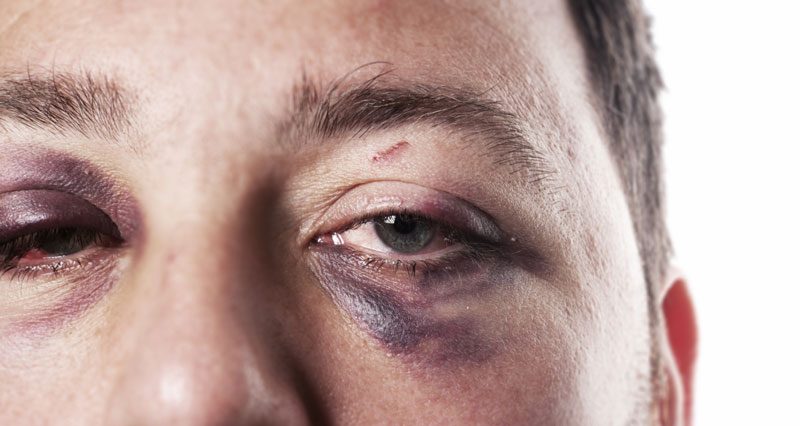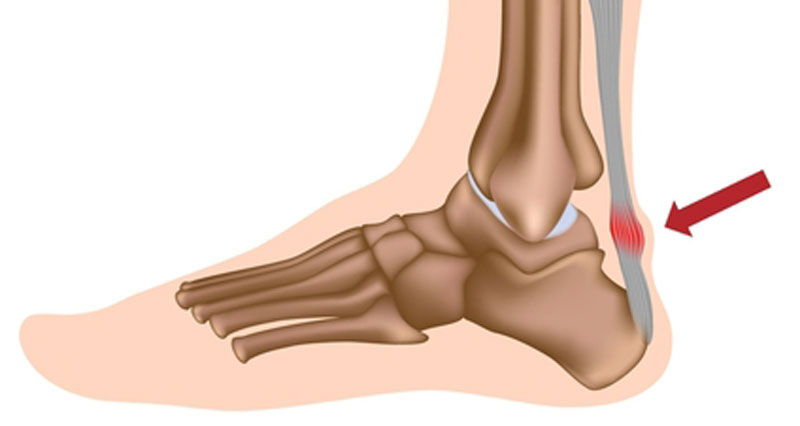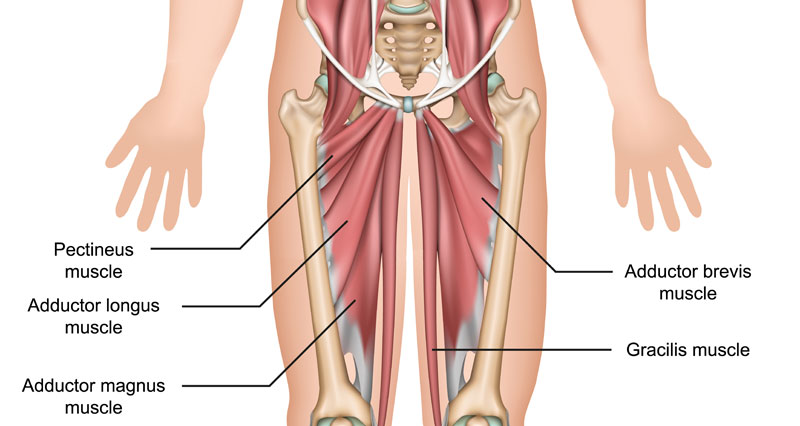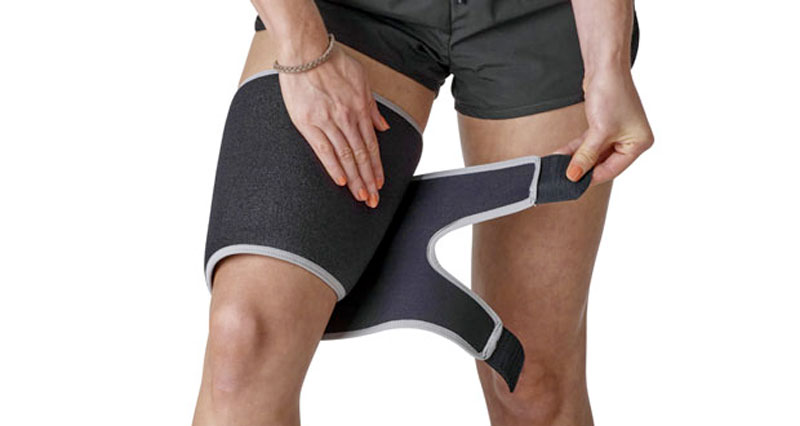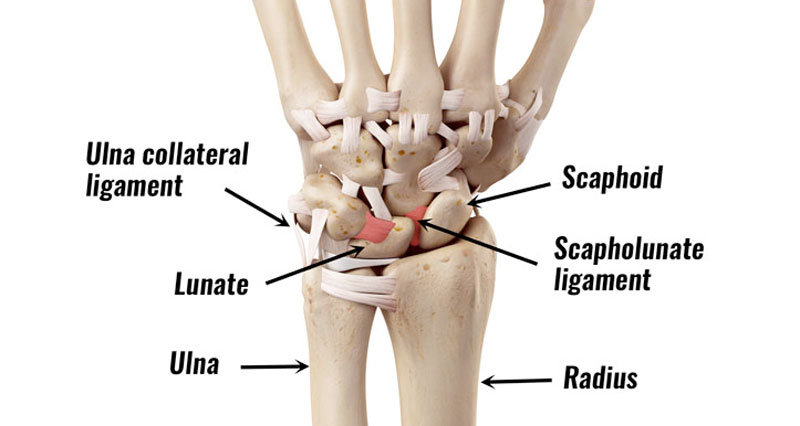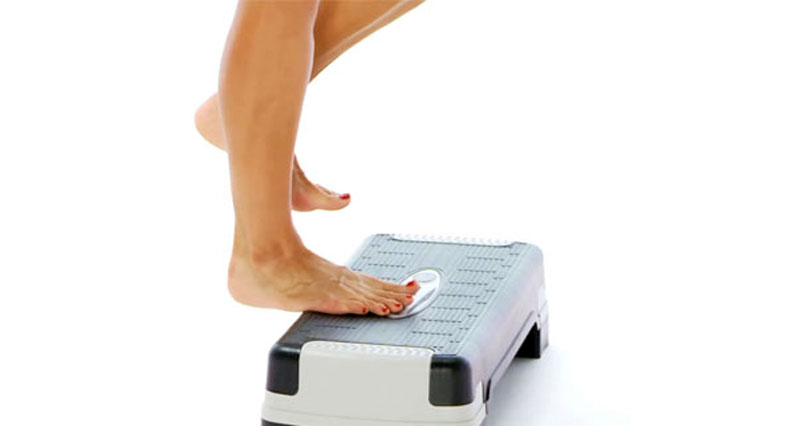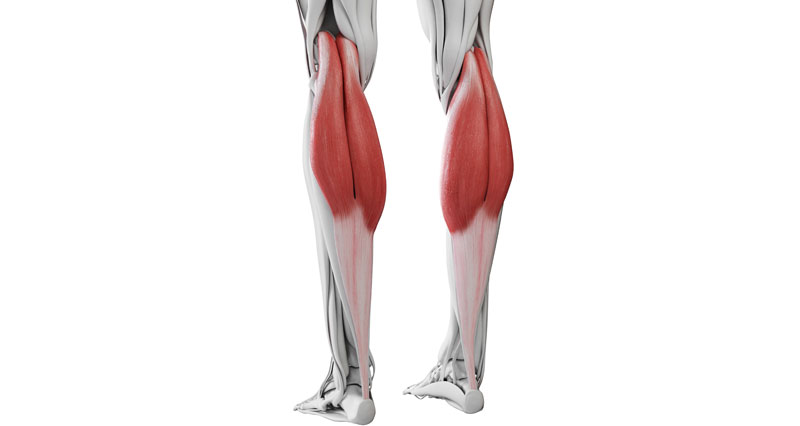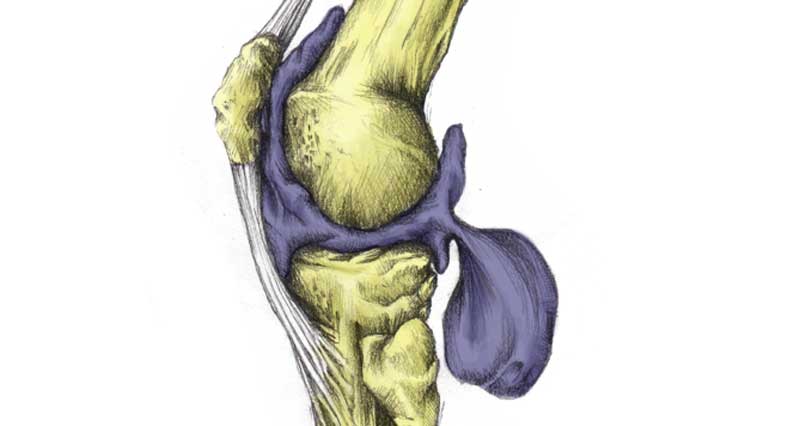A black eye is a bruising of the soft tissues surrounding the eye. Also known as an eye contusion. It is very common in sport and usually happens following an impact or trauma to the eye.
Signs and symptoms of a black eye
Symptoms of a black eye are often difficult not to notice! If you have an eye contusion you will have suffered a direct blow or impact to your eye, and/or the surrounding tissue.
- Your eye will swell up quickly.
- Bruising also develops, but more likely it occurs some time after the initial injury.
- You eye will be painful and tender.
- Depending on how bad your injury is, you may have restricted vision, or your eye may close because of the swelling. It may not be possible to fully open the eye and vision could be impaired.
When should I see a doctor?
If you have any of the following signs or symptoms then you should seek further medical advice from a doctor or optician:
- Severe eye pain in addition to your black eye.
- Persistent double vision, or blurred vision
- Hyphaema.
- Persistent sensitivity to light (photophobia).
- If you suspect you may also have a corneal laceration.
- Your pupil is pear shaped.
- Something stuck in your eye that you cannot remove.
- Suspected detatched retina.
- Your vision has deteriorated, or you have lost part of your field of vision.
Read more on eye injuries.
What causes a black eye?
Black eyes are common in contact sports such as rugby, and especially boxing. They are caused by a direct impact of a blunt object, to the eye area. The skin around the eye is very thin and so it doesn’t take much to damage the underlying blood vessels, resulting in bleeding and subsequent bruising.
Other, non-sporting causes include falls where your head hits the ground face first or falls onto an object such as an item of furniture and fights or punches directly to the face.
Treatment
If you are in any doubt seek medical advice. Eye injuries can be potentially dangerous if not treated properly.
- Apply ice to your black eye as soon as possible for 10 minutes every hour for the first 24 to 48 hours if necessary.
- This can be reduced over time as swelling reduces to 2 or 3 times a day if needed.
- Resting with the head up will reduce bleeding in the area.
- Painkillers or anti-inflammatory medications may be prescribed. If the injury is particularly severe you may need to seek medical advice to rule out any facial fractures.
- Usually, a black eye will heal on its own within a week or two.
